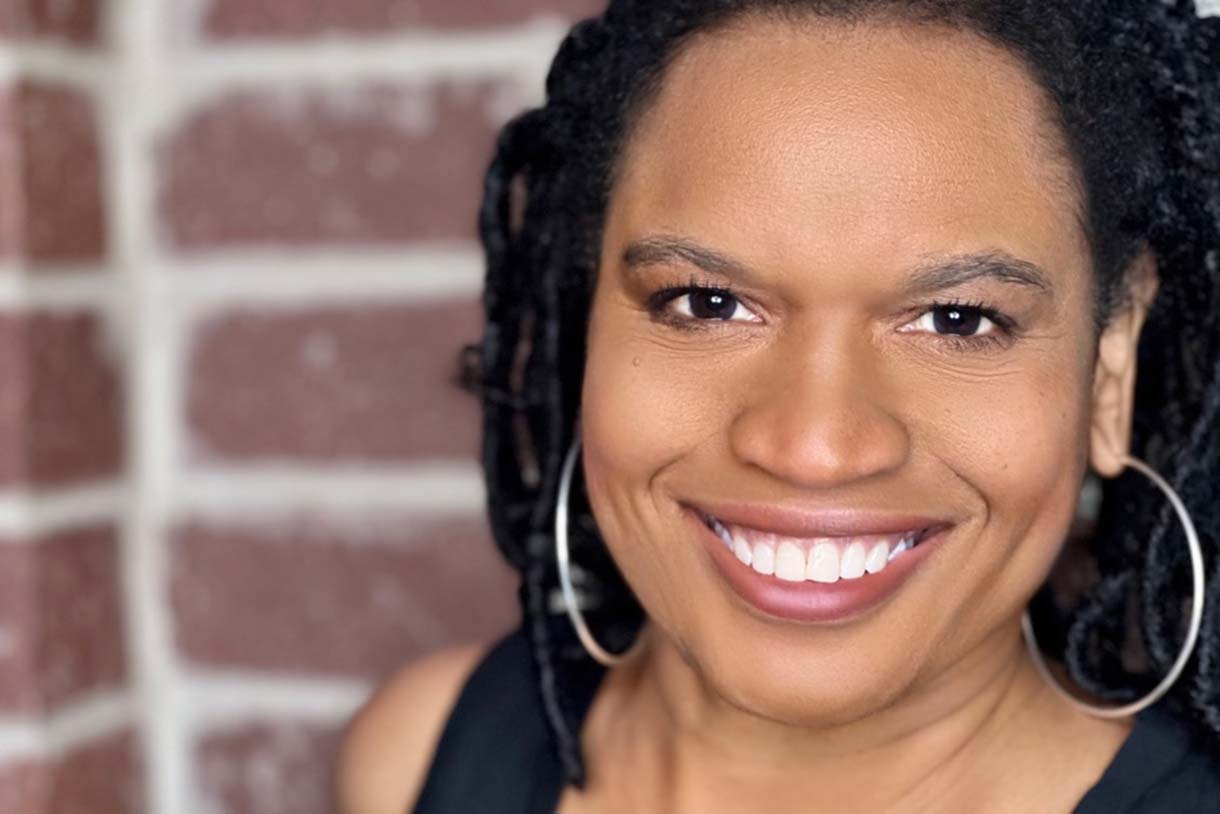Instructor and Alum Vanessa Wright '02 on Filmmaking, Marketing, and Success at Cannes

In the second part of her Cannes award-winning three-part docuseries Sankofa Chicago: The Untold, filmmaker and Business and Entrepreneurship (BUSE) Instructor Vanessa Wright takes a careful look at American History curricula in Chicago schools. “What is American History without the story of Blacks and how other people of color came to be?” she asks. In this work, Wright is correcting a historical wrong: the obfuscation and outright denial of painful historical events that have occurred in American history at the expense of Black culture and Black lives. The result of this failure of our education system is dangerous: students graduate from Chicago Public Schools—and schools around the country—without awareness of the contributions that Black and brown people have made to the growth and continued success of the United States. In the Sankofa series, Wright uses her voice as a documentarian, advocate, and artist to correct these false narratives and create educational spaces that are truly anti-racist.
Contributing to making education an anti-racist endeavor has long been part of Wright’s expansive work in the fields of entertainment, education, management, and advocacy. In fact, when earning her master’s from the Arts, Entertainment & Media Management department (now BUSE), Wright’s project examined the difficulties faced by Black Diaspora filmmakers in obtaining distribution. Her work was so timely and powerful that she was asked if she would be interested in developing a curriculum for talent managers and agents. “I jumped at the opportunity,” Wright says, and she has been teaching—and working in her field—ever since.
Today, Wright teaches Talent Management and Entertainment Marketing, favoring a hands-on pedagogical approach. “I hope students will leave [my courses] with practical experience-good or bad-working with an artist, talent, or a marketing client.” For Wright, being able to learn from real-world experiences with the support of a seasoned professional and in relationship with other aspiring entertainment professionals is just one way that Columbia provides a unique opportunity for students to succeed. “There are many courses available to learn new things and explore the arts,” Wright says. “Not all colleges and universities have this advantage (making pottery, taking stage combat, making clothes, participating in a student-run record label-AEEMP Records, etc.) It’s exhilarating!”
Columbia students also have the unique opportunity to learn from professors who, like Wright, are actively engaged in their professional careers and achieving success on the national stage. For Wright, Columbia also provided a unique opportunity to collaborate with Faculty Member Michelle Duster and former Columbia Director of Minority Affairs Art Burton on Sankofa, whose perspectives and insight lent additional depth to the docuseries. An added bonus: Wright’s Associate Producer, Christy Spence, was a former student.
“We must keep fighting,” Wright says of her work in advocacy, education, and film. “It’s challenging, frustrating, exhausting, and infuriating.” Still, by continuing the work, there is an opportunity to create real change, to ensure a positive difference for future generations. “Though narratives and storytelling, Black history is shared, and life lessons are learned,” Wright says. “That’s why I use documentary filmmaking to tell other people’s stories.”
Next, Wright looks forward to continuing her documentary work in partnership with Burton, as they explore a documentary about Black Cowboys, and continuing the Sankofa series throughout the United States. “We can shift the perception of underrepresented communities by publicizing Black and brown history makers and establishing more extensive and meaningful connections by utilizing the power of storytelling.” Wright says. And at Columbia, she invites her students to join her on their own journeys of artistic exploration, professional success, and advocacy. The possibilities, as Wright’s career has proven, are endless.